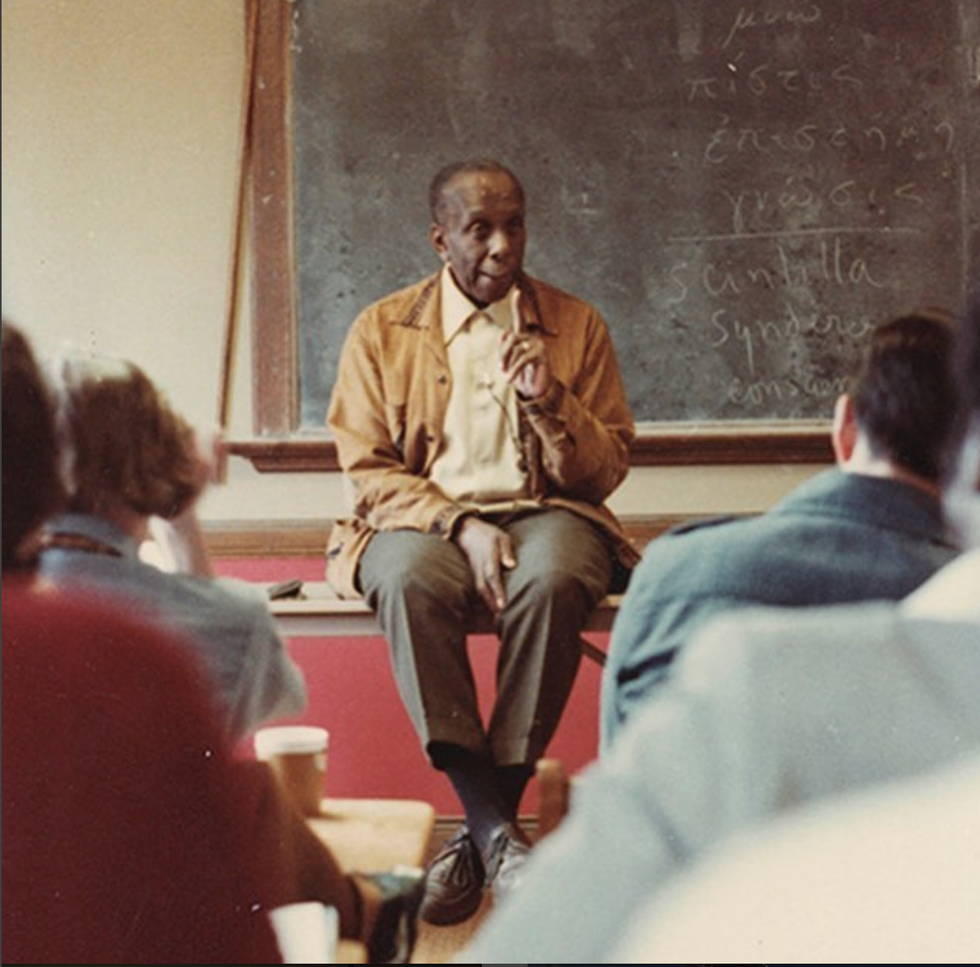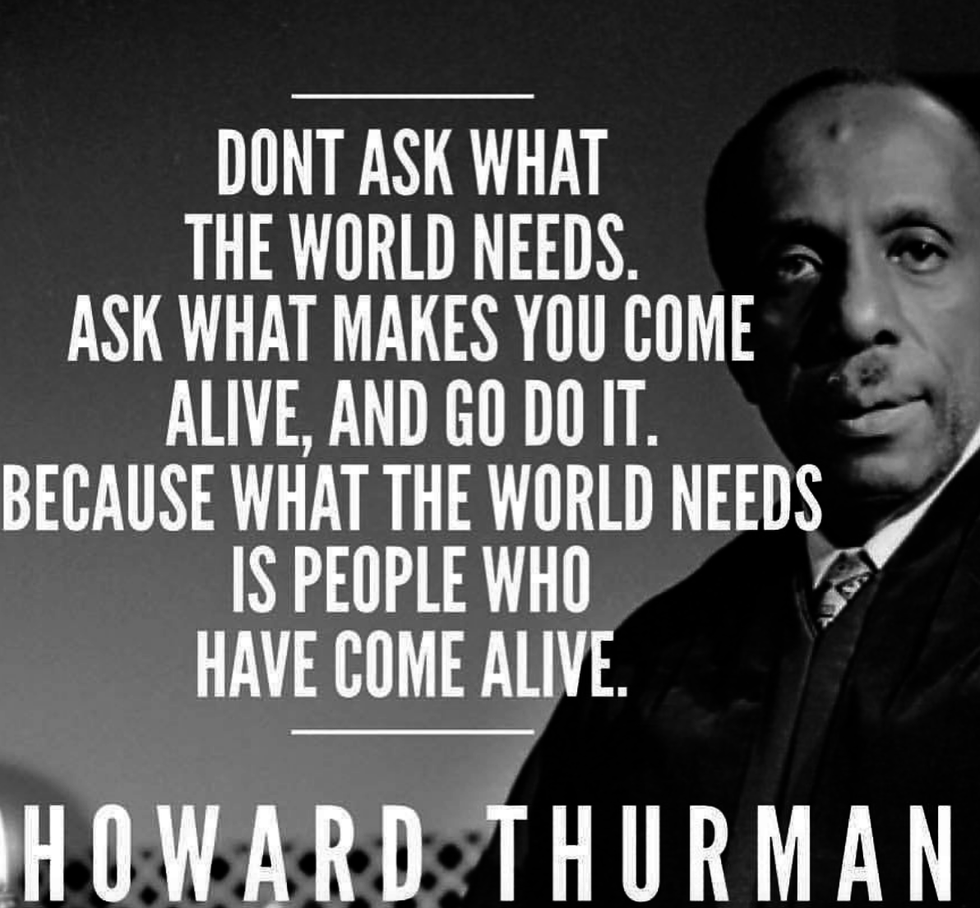Throughout history, Mystical Christianity along with its beliefs struggle with true recognition as a separate type of Christianity.
"Mystics are deeply in love with the world." - William McNamara
Mystical Christianity is a branch of Christianity made for and by activists. It focuses mostly on the individual and the world- simultaneously. There are no core traditions or practices that are needed to be involved in mystical Christianity, and because of this, it's been labeled as a threat to Church and Biblical Christianity. Coming from a very religious background, it was clear to me that the early Church really aimed to create a hierarchy of who can do what. Mystical Christianity doesn't have many boundaries and threatens the authority of that said institution. Mind you, Mystical Christianity does not actually threaten anything or anyone, it is simply too different and free for some traditional Christians. The Church is 'threatened' because mystics can pray wherever they are and group worship isn't necessary. Mystical Christianity finds ways to connect and have a relationship with God through the world around us; even though it started and originated in the Bible, it is not bound to it.
"Some of the most mystical people are deeply immersed in the world, thoroughly engaged in political and social life" -William McNamara
It's important that we don't get the Church and the community confused when describing mysticism. Mystics see community as very important; just as important as Catholicism sees the church and sacraments. A community, in its simplest terms, allows conversation and a sharing of experiences, concepts, values etc. What's the point of experiencing everything when you can't share it with anyone? Very valid claim but not valid enough for a mystic. A mystic understands that social change can't happen with just one person. There has to be discussion and planning with a group of people that want the same outcome. If a person truly lives their life to care for the world, they should also care about what's going on within that world too; Mysticism aims for the good in all aspects. This can not be achieved without a strong community!
A perfect example of a mystic who has participated in social change goes by the name of Howard Thurman.
The late Howard Thurman was heavily involved in social change around the 20th century. The term "mystic-activism" was coined during his lifetime and is strongly connected to the legacy he left behind. Thurman uses his religion, Christianity, as a foundation for social change as an African American living in America. He is, in essence, an activist with a spiritual angle. This type of activism is seen throughout history across many different centuries, one other well-known individual practicing mystic-activism is Dr. Martin Luther King Jr. However, a mystic does not have to be the leader or face of a movement to be considered practicing mystic-activism; they can be a normal person/follower showing great concern for the world.
If you have a desire to attain knowledge about the world around you and what's going on globally, you are one step closer to being a mystic. There will always be a need for social change in America, which means there will always be a need for mystic-activism. This branch of Christianity helps you shape your actions based on the good for all. In America, there seems to always be a superior and inferior; someone will always be oppressed. It is a mystic's duty to never forget those people, and never stop acting in a way that will benefit and help them.





















